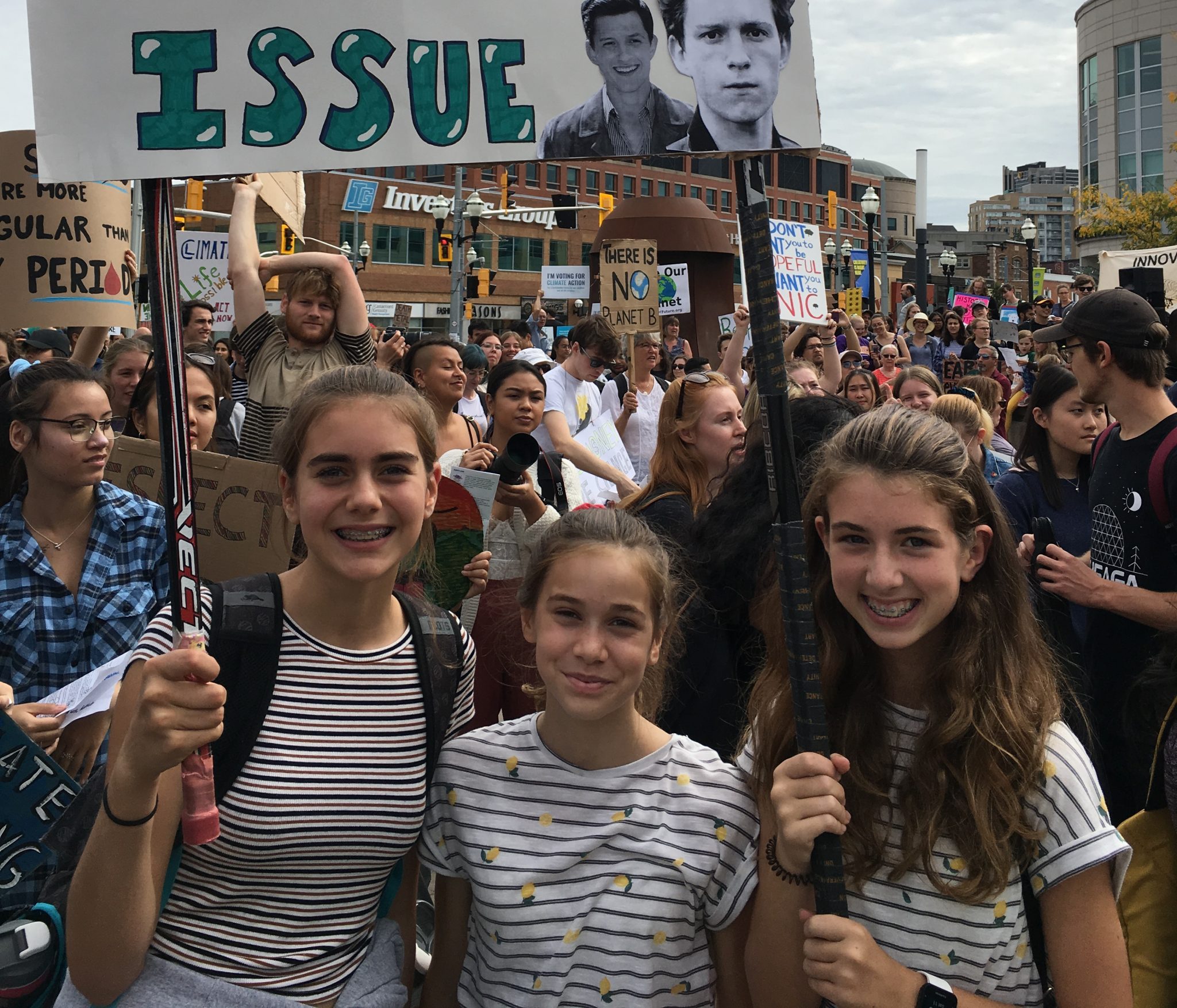Between the election and recent climate strikes, there has been a lot of discussion in the media lately about human-created climate change and the role that our youth could play in advocating for solutions to improve the outlook of their future world.
With that, an increasing number of people may be talking about these issues with their kids. So I wanted to help identify some tools and give you some ideas to help make that conversation easier.
You could start by talking with other adults. Climate breakdown is not something many people talk about regularly, due to fear or worry. Talking with others could avoid making the conversation too overwhelming.
Try to frame the problem at a level that kids can understand. I don’t believe in shielding kids from everything but rather keeping the conversation open so that you can expand on their knowledge over time. Although most discussions on this topic suggest focusing on the positive, I would argue that we have to strike a careful balance between helping them understand that it is a complex issue that will affect almost everything, without overwhelming them.
Don’t attempt to give them all of the information at one time: that would be too much for anyone. But do give examples and explain that it touches all corners of the globe and that if we work hard, we could stop the worst of it. As with other topics that may be challenging to discuss (like sex), assume children are hearing about it outside of your home and that the information they are hearing may not all be correct.
You can use videos to help explain the basic concepts of climate breakdown and some of its effects. For example, Greta Thunberg, the 16-year-old activist who was the driving force behind Friday Strikes, gave a great Ted talk about her perspective. There are many great videos geared to a range of ages that could be helpful. Stories can also be helpful to make it feel less distant.
Talk about their feelings and practice ways to release stress. Think of ways your family could work to take positive actions. Help them feel like they can be part of the solution. Get books, or connect to apps that provide simple actions and decide on which to aim for together.
Attending climate marches, writing letters to local politicians, or making positive changes in your own life can all be helpful in alleviating some of the stress that they may feel about the problems we face. They could even start a club or lead actions at school to help share their new knowledge with others.
Remember that climate breakdown encompasses a lot of areas of your life, so try to choose a variety of things to do surrounding water, energy — transportation, heating, stuff you buy and food — as well as waste.
Obviously not everyone will become the next Greta Thunberg, but it does seem that the pressure the strikes put on politicians in our recent federal election may have helped to change Canada’s trajectory and get us a lot closer to where we need to be and that is truly a positive effect.
Stacey Danckert is co-director of Waterloo Region Environment Network (WREN).




Leave a Reply